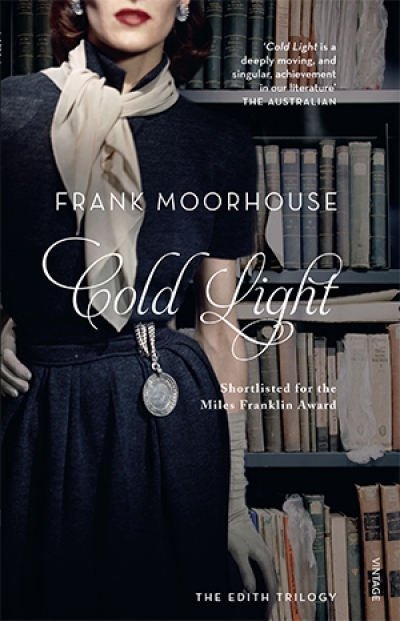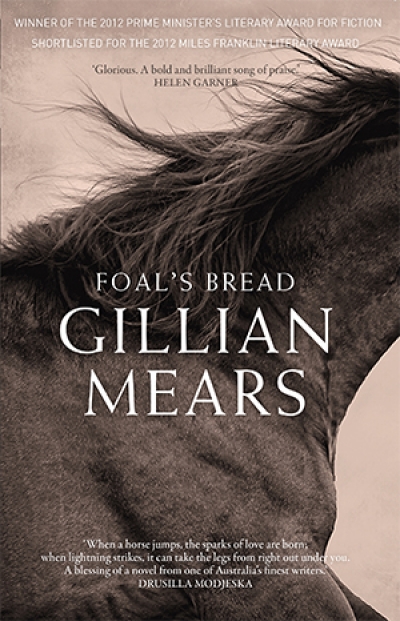Fiction
The Coming of the Whirlpool: Ship Kings Book One by Andrew McGahan
by Gillian Dooley •
Alaska by Sue Saliba & Clara in Washington by Penny Tangey
by Stephen Mansfield •
Diverse memories of childhood, ranging from Indigenous and migrant experiences to the Great Depression, permeate these evocative Australian picture books. Admired illustrator Bruce Whatley displays his range of styles in a pair of them; two others are set in Western Australia and Queensland. The potential danger of water is a disconcerting theme.
...








